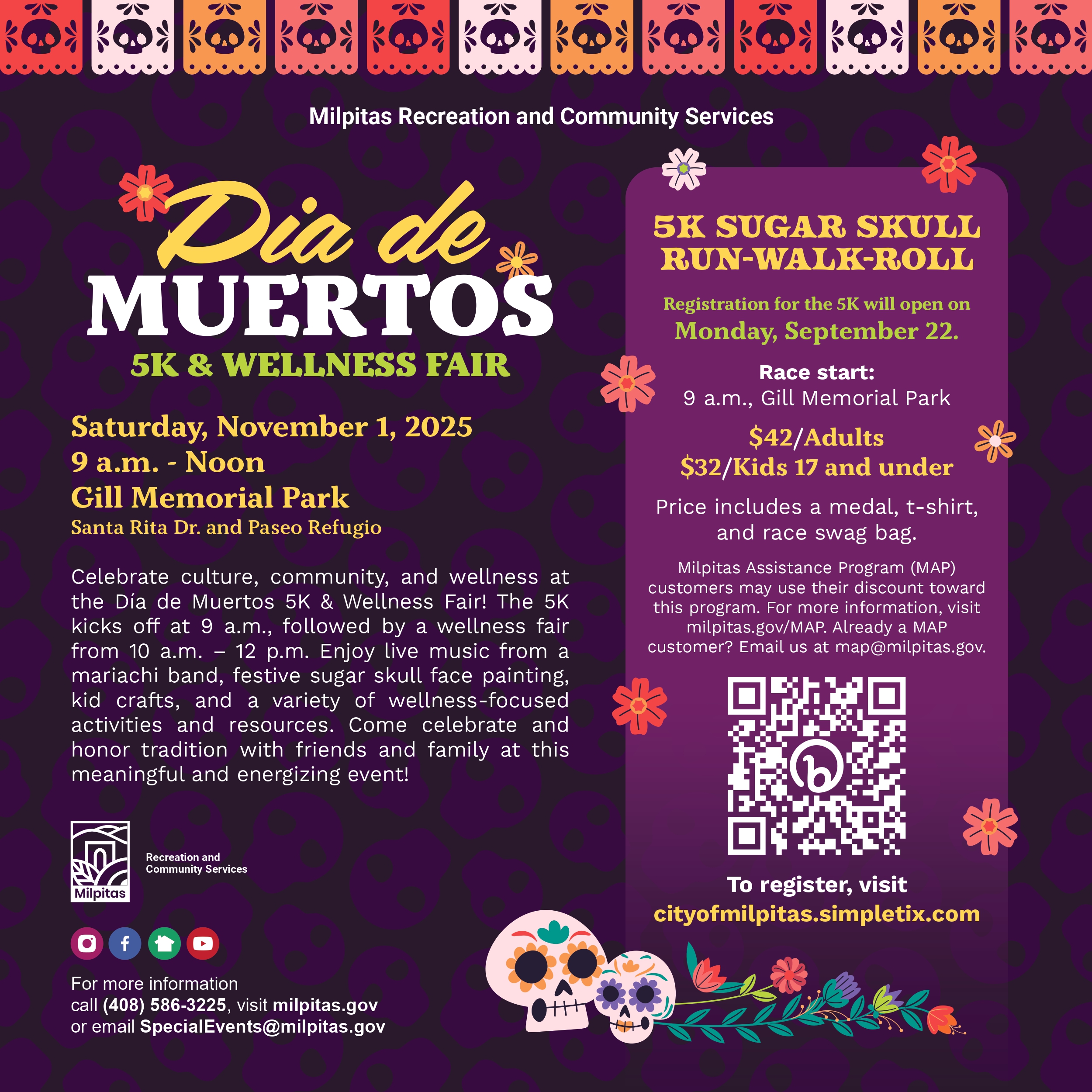Tension has been mounting around the world as the Israel Defense Forces (IDF) advance toward Rafah, a Gaza Strip city where the leaders of Hamas and the 130-some remaining hostages they took from Israel on October 7, 2023, are believed to be located. Rafah would be the IDF’s final major target in the current conflict, but in light of the estimated 30,000 Gazans already killed in Israel’s campaign, many voices are pleading with Israel to show restraint. Even President Joe Biden recently urged Israel to not attack Rafah absent a clear plan to spare civilian lives.
Amid the contentious clash, one-time apartheid state South Africa has brought charges of genocide against Israel in The International Court of Justice in The Hague, Netherlands. In a preliminary ruling, the court warned Israel, which is presently under hard right-wing leadership, against succumbing to genocidal impulses. In light of the increasing civilian casualties in Gaza, Israel’s actions are already being widely labeled as a genocide. But Israel, having lost 1,200 of its citizens and seen another 253 kidnapped (about 112 of whom have been released, and about 10 of whom have been killed) on October 7, continues to assert its right to self-defense.
The Milpitas Beat this week heard from city resident Trinidad Escobar, an activist who has been working closely with a number of Gaza residents in Rafah to support their efforts toward relocation and survival.
“I am an adoptee,” said Escobar to The Beat, “My birth family in the Philippines gave me up for adoption when I was an infant. I came from the Philippines to Milpitas. My first photo as an immigrant baby was at Ben Roger’s park. A lot of children were placed in adoption agencies in the 1980s in the Philippines due to the end of Martial Law and the Marcos Regime.”
She was one of millions of Filipinos who fled to different parts of the world. “I can say that as a first-generation immigrant,” she said, “young Filipino people felt lost.”
Many Filipino youth found refuge in gangs. But Escobar ultimately participated in a gang rehabilitation program called Filipino Youth Coalition, where Filipino history, culture, art, and politics were used to help rehabilitate the participants. From there, Escobar became a lifelong activist, studying at San Francisco State and California College of the Arts. “I am the first person in my family to go to college. I ended up at SFSU, where Filipino-American and Palestinian-American activism overlapped…” she explained.
The Palestinian cause is close to Escobar’s heart. And she highlighted the fact that our community of immigrants makes for natural allies to refugees of war…
“The Palestinian people that I’ve met,” said Escobar, “are generous, family-oriented, creative, and beautiful. They remind me a lot of my own culture, a culture that I had to learn about through a gang program because I was ripped away from my country due to political violence. I think a lot of people in Milpitas can relate to the Palestinian people. My Indian neighbors come from a land that was colonized by the British. My Ukrainian neighbors are watching their country be torn apart by Russia as we speak. It’s all around us. My Vietnamese neighbors know colonization through the French. These are all sweet, kind people who all ended up away from their homelands to find better opportunities for their children. Palestinians are no different; they are being pushed out of their land the way that we were.”
Escobar has been directing her support toward Palestinians Rahma Al-Buhaisi (who has a Gofundme page), Ayah AbuSidu (also Gofundme), and Basel El Maqosiu (PayPal donation link). “They are in different parts of the camp in Rafah and often go hours or days without phone communication,” Escobar explained.
The Beat interviewed Rahma Al-Buhaisi over WhatsApp. “I am a pharmacist, married, and have two daughters,” she shared. “Before the war, I lived in my small house. My life was quiet and I worked in a pharmacy. My husband was a medical representative in a pharmaceutical company, in addition to having a clothing store.”
But when the war began, she lost her job, her husband lost his place of work, and their clothing store was destroyed. So was their house.
“Our house was completely destroyed,” she said. “We were displaced from north to south Gaza
We thought it was a safe place. My husband’s uncle was killed, and a few days later my cousin was killed.”
She described the situation in Gaza as “extremely difficult” with “fear and death everywhere” and no sense that anywhere is safe. Her goal now is to get her family to Egypt, but she explained that the costs involved are making it difficult. She is determined, however, to cross the border, “in order to protect my family and give my daughters a chance at a safe life, health care, and clean food.”
The Beat also connected with Ayah AbuSidu over WhatsApp. AbuSidu described her life before the war: “Our garden, our home, our flowers. My favorite place to go was the beach. But those places I loved were destroyed.”
She confirmed that “We are sheltered in Rafah.” She and her family seek to get out to safety and rebuild their lives. “Before October 7,” she said, “our nights by the sea were peaceful, surrounded by nature.”
She also shared, “I’m embarking on a new journey as a cloud engineer.” Like Al-Buhaisi, AbuSidu has her sights set mainly on Egypt, stating “there is a chance for us to find a new beginning.”
According to Israeli Prime Minister Benjamin Netanyahu, the IDF’s attack on Rafah is imminent. It can commence any day now.
For anyone who wishes to make a donation, go here for Rahma Al-Buhaisi, here for Ayah AbuSidu, and here for Basel El Maqosiu.








